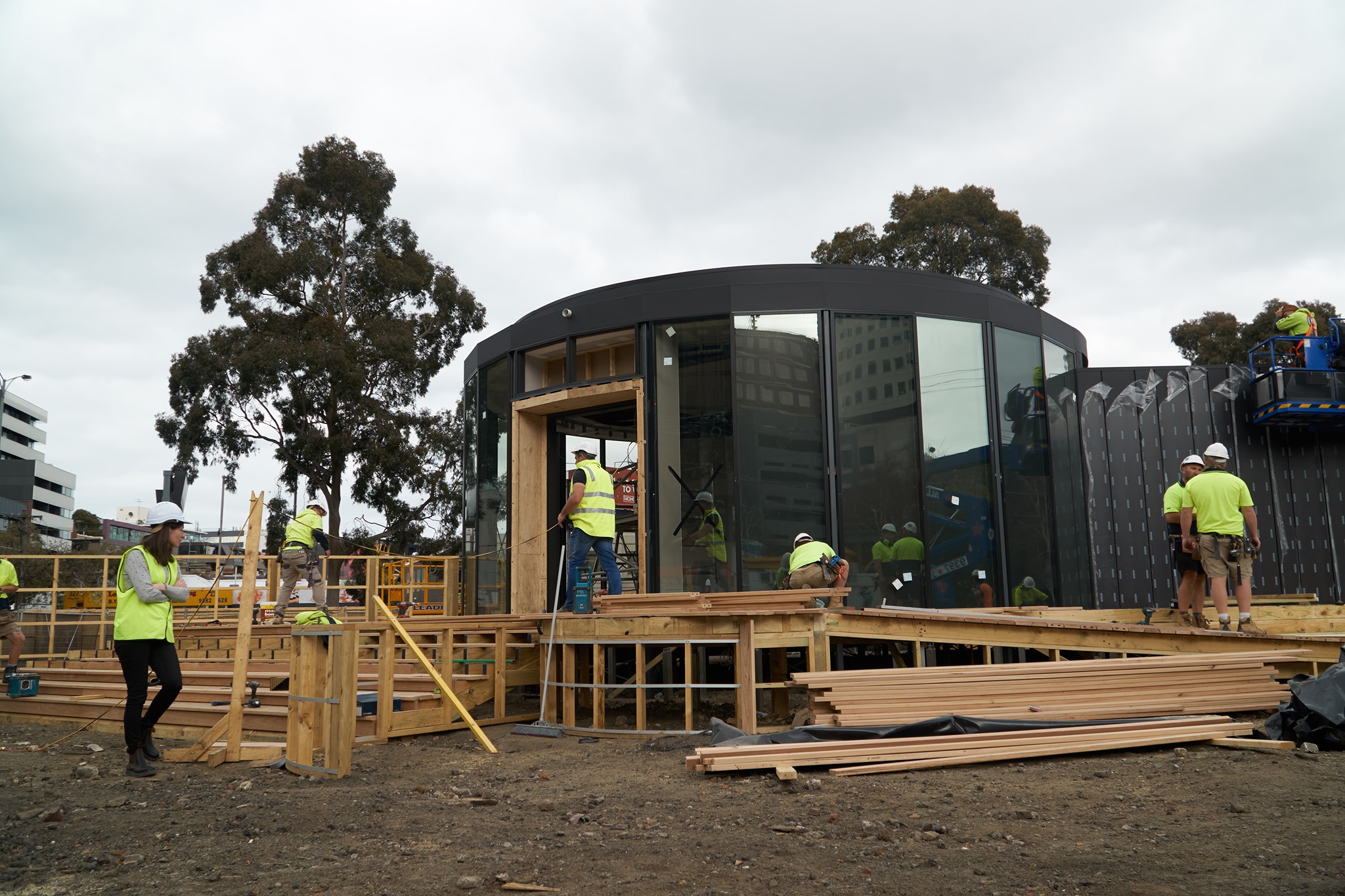Any commercial construction project requires cautious timelinening and coordinated timeline. This applies to both small and large scale projects. While bigger, more unpredictable construction projects will require the hiring of professional experts to regulate these undertakings, for lower spending projects the customer might be inclined to design a large part of the project themselves and even interpretation of the obligations of a project supervisor.
A project timeline is a focal report to all commercial construction projects, its main intention is hierarchical – to deliver the numerous parts of the project as smoothly and timely as possible. By bringing clearness to complex tasks, a decent project timetable can advance effectiveness, help the project adjust to new conditions, energise compelling correspondence and, critically, help the project remain on schedule.
Construction Timeline Promotes Efficiency
Commercial construction projects comprise of four stages. In any case, within these four, generally speaking, stages there is a large number of overlapping undertakings that must be finished. To coordinate these most effectively it isn’t unexpected to build up a project timetable to separate them more sensible assignments. On construction projects one errand is often subject to the effective fulfilment of another, timelines show when every one of these assignments ought to happen and how they are interlinked. Am outline is the best strategy for visualising the arrangement and timing of errands and showing how various undertakings are associated.
While preparing a project timeline, the initial step is to outline a general timeline by establishing the normal span of the four main periods of construction. Dividing these stages into discrete advances empowers the project chief to comprehend which parts of the project can be finished independently and which are firmly associated. The general point is to guarantee each period of the project continues as productively as could be expected under the circumstances.
Construction Timeline Determines Significant Benchmarks
A vital factor in maintaining proficiency is to determine significant benchmarks. The project administrator must have the option to draw in some capacity of involvement and information to guarantee these achievements are sensible. The setting of feasible deadlines offers lucidity to subcontractors, shows the requests of the project to colleagues and forestalls delays. An effective project timeline imparts deadlines to all interested gatherings and requires minimal interpretation.
Construction Timeline Ensures Schedule Flexibility
Although the timeline is there to add certainty to the project and to ensure it is conveyed on schedule, it ought not to be unchangeable. Although meeting deadlines is significant, setting absurd deadlines or failing to adjust to changing conditions may likewise have a negative result.
Whenever construction has started the project supervisor must find some kind of harmony between ensuring the deadlines are regarded, while allowing a sensible level of adaptability to work around the inevitable changes any enormous project requires. While it is tempting to push the project through as fast as could reasonably be expected, setting tight deadlines without an adequate degree for likely postponements because of unsurprising components, is essentially lack of foresight. Reviewing and modifying the timeline happens now and again throughout the project and is one of the basic errands for the project supervisor.
View our profile on ICN Gateway
Search for “domestic construction”. 













